#valeria messalina
Explore tagged Tumblr posts
Text
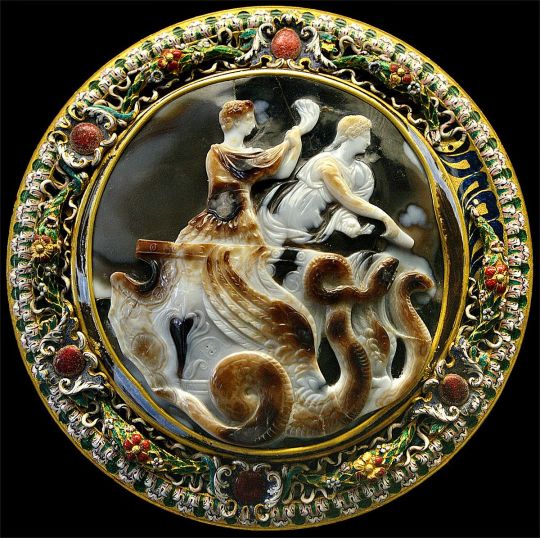
Cameo depicting emperor Claudius and probably his wife Messalina on a chariot drawn by snakes. Dated around 45AD.
#emperor claudius#messalina#valeria messalina#ancient rome#ancient roman art#ancient art#ancient culture#roman empire#cameo#What the hell is claudius doing?#the scene is described that they are sowing abundance across the empire#but tbh claudius looks like messalina's attendant who is fanning her in case she gets hot
660 notes
·
View notes
Text

Roman empresses: Valeria Messalina
* Born : 25 January 17 or 20 CE, Rome
* Died: 48 CE, Rome (Gardens of Lucullus)
* Tenure: 24 January 41- 48 CE
relatives:
* great-granddaughter of Octavia the Younger and Marcus Antonius
* great-grandniece of Augustus
* cousin of emperor Nero
* second cousin of emperor Caligula
coin:
* Minted in Knossos
* Inscription: VALERIA MESSALINA CAPITONE CYTHERO II VIR ()
* Münzkabinett, Staatliche Museen zu Berlin
Provenance/Rights: Münzkabinett, Staatliche Museen zu Berlin / Lutz-Jürgen Lübke (Lübke und Wiedemann) (Public Domain Mark)
Copyright Notice : CC BY-SA @ Münzkabinett
28 notes
·
View notes
Text









There are times when you would crack the universe open if you could just to see what would happen.
Sheila White as Messalina in I, Claudius
25 notes
·
View notes
Text
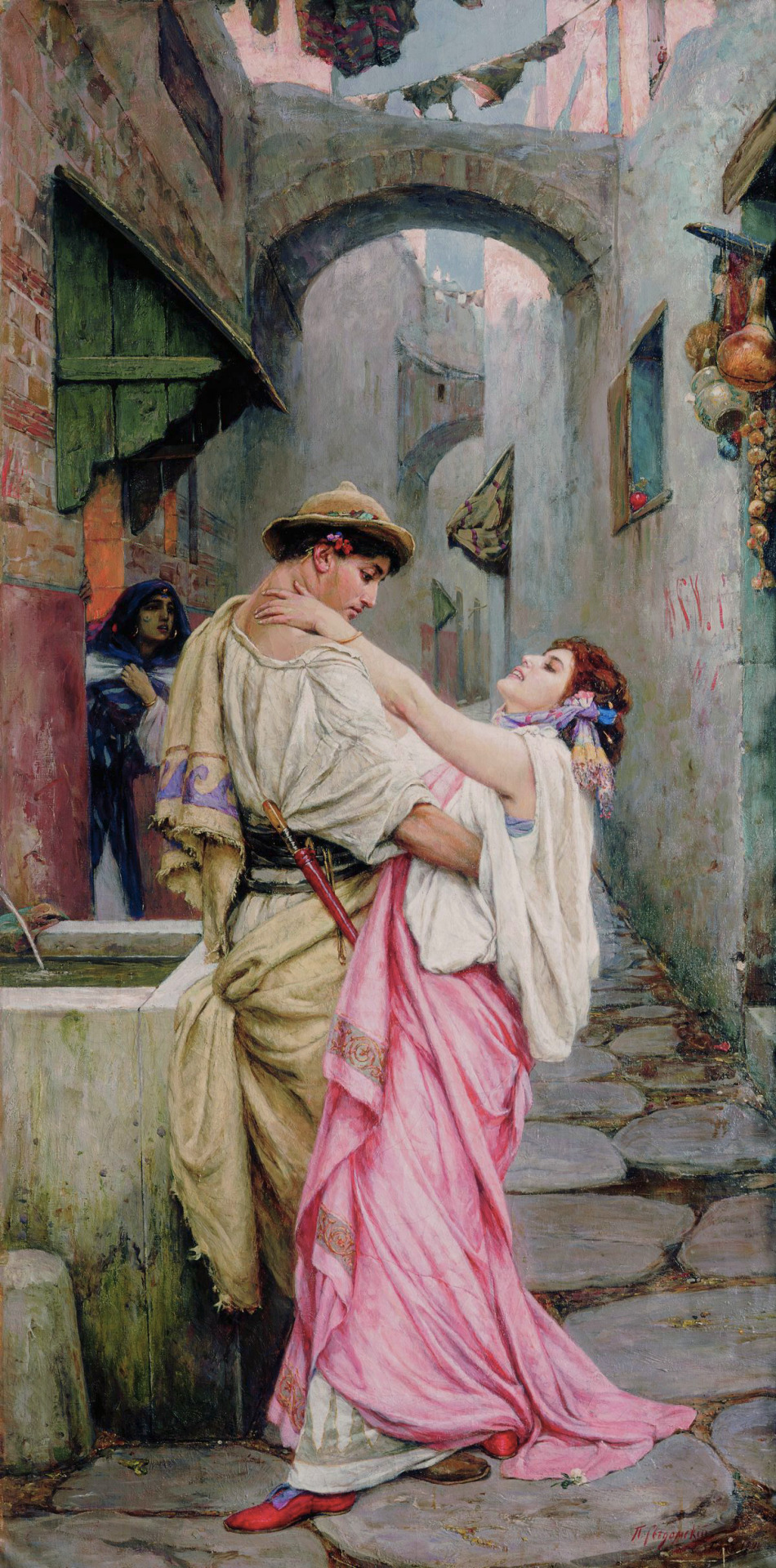
Pavel Aleksandrovich Svedomsky (Russian, 1848-1904) Messalina, 1900 State Museum of Fine Arts of the Republic of Tatarstan, Kazan
Valeria Messalina was the third wife of Roman emperor Claudius. She was a paternal cousin of Emperor Nero, a second cousin of Emperor Caligula, and a great-grandniece of Emperor Augustus. A powerful and influential woman with a reputation for promiscuity, she allegedly conspired against her husband and was executed on the discovery of the plot.
#best quality online#Pavel Aleksandrovich Svedomsky#russian art#messalina#art#fine art#european art#classical art#european#europe#oil painting#fine arts#europa#mediterranean#southern europe#cradle of civilization#Messalina#Valeria Messalina
150 notes
·
View notes
Text
ANCIENT ROME FAMILY TREES !!
(that I've written down so far)
- THE JULIOCLAUDIANS (until Claudius, sorry Nero! - starting from Brutus' ancestors)
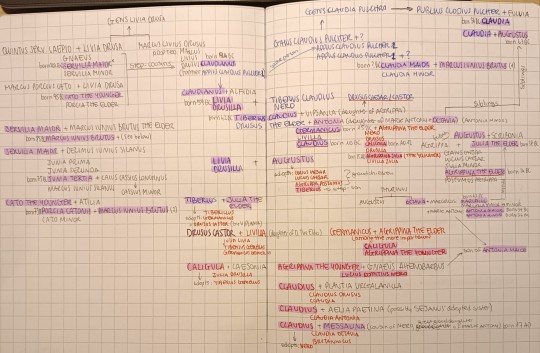
- MARCELLUS AND HIS FAMILY (down to Messalina!)

- THE FAMILY OF AELIUS SEJANUS (the only one whose family isn't a circle)
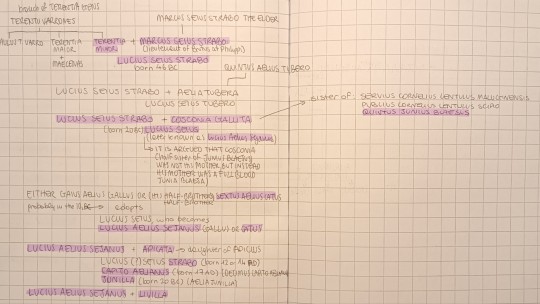
#absolute insanity#silly#family trees#marcus junius brutus#ancient rome#roman empire#roman republic#julio claudian dynasty#octavian#augustus#lucius aelius sejanus#caligula#i lost my mind#valeria messalina#tiberius#roman emperors#julia the elder#agrippa#agrippina#uhhhhhhh#will update more#PLEASE i sweat and lost my neurons over this#cato the younger#:3#ides of march#julius caesar
79 notes
·
View notes
Text
Royal Reads: Jan-Mar 2024
Note: Some of the following links are affiliate links, which means I earn a commission on every purchase. This does not affect the price you pay.
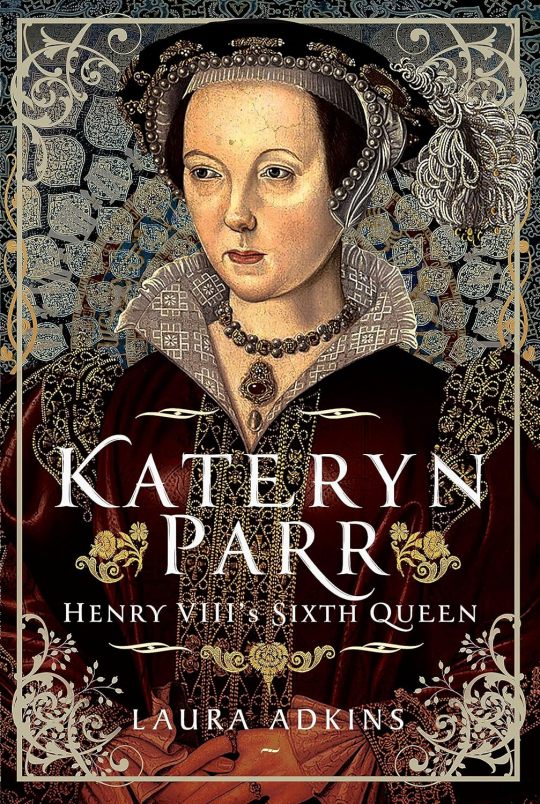

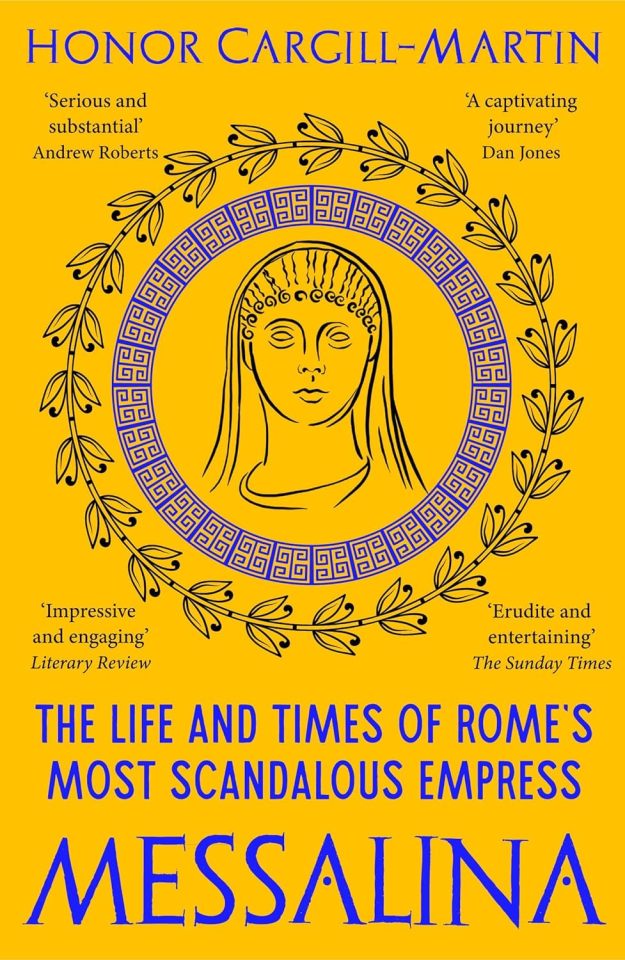
Kateryn Parr: Henry VIII's Sixth Queen by Laura Adkins (Mar. 15, 2024) // Anne Boleyn & Elizabeth I: The Mother and Daughter Who Changed History by Tracy Borman (new paperback version published Mar. 7, 2024) // Messalina: The Life and Times of Rome’s Most Scandalous Empress by Honor Cargill-Martin (Mar. 14, 2024)
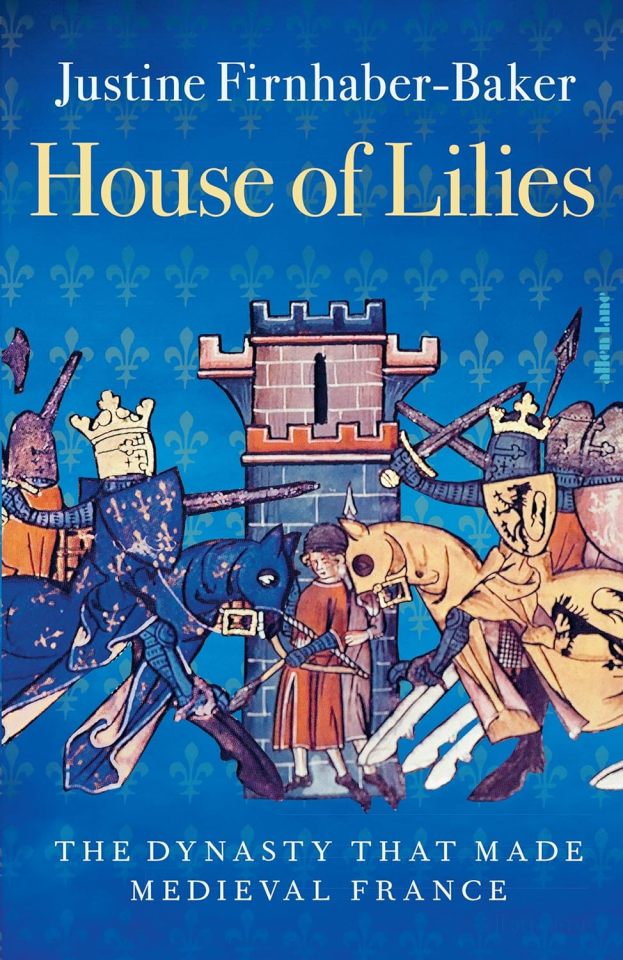


House of Lilies: The Dynasty that Made Medieval France by Justine Firnhaber-Baker (Mar. 28, 2024) // Charles III: New King. New Court. The Inside Story. by Robert Hardman (Jan. 18, 2024) // Sisters of Richard III: The Plantagenet Daughters of York by Sarah J Hodder (Mar. 15, 2024)

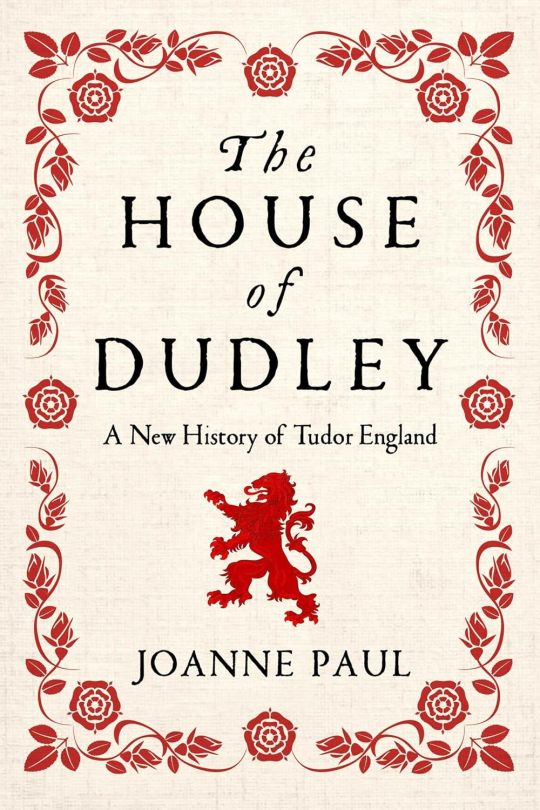
Power and Glory: Elizabeth II and the Rebirth of Royalty by Alexander Larman (Mar. 28, 2024) // The House of Dudley: A New History of Tudor England by Joanne Paul (new paperback version published Jan. 9, 2024)
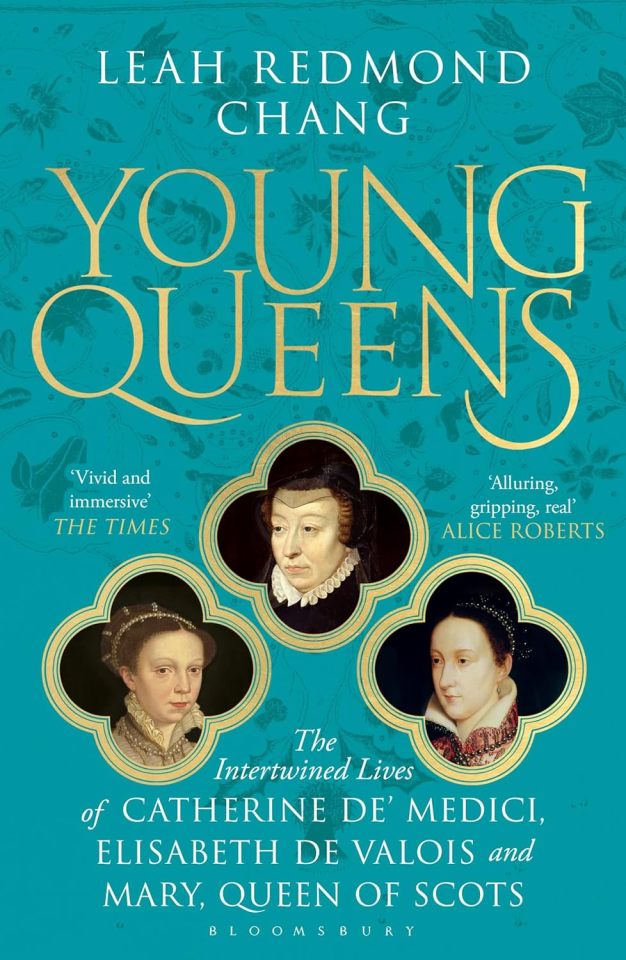
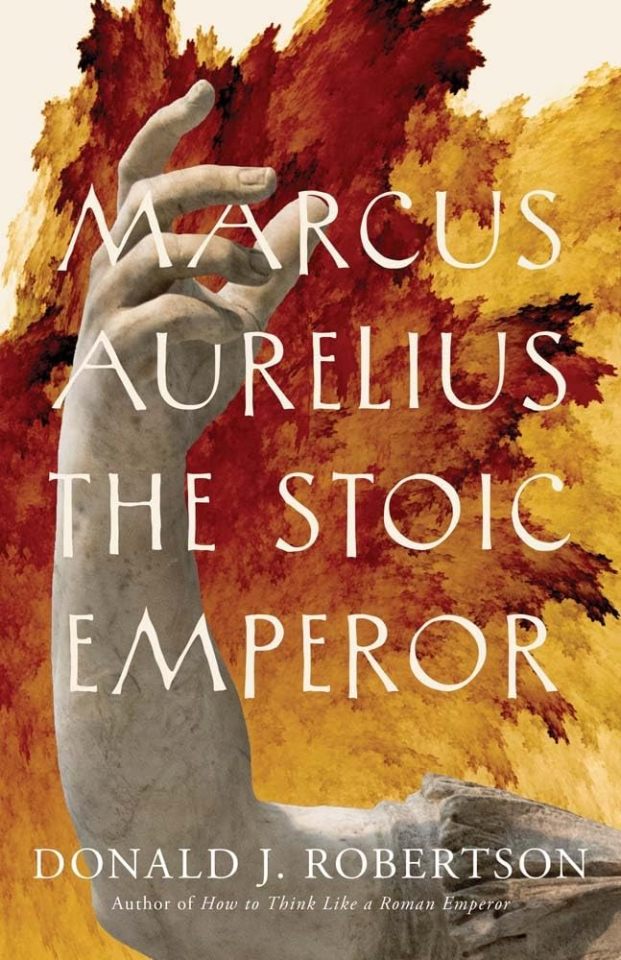

Young Queens: The Intertwined Lives of Catherine De' Medici, Elisabeth de Valois, and Mary, Queen of Scots by Leah Redmond Chang (new paperback version published Feb. 29, 2024) // Marcus Aurelius: The Stoic Emperor by Donald J. Robertson (Mar. 26, 2024) // My Mother and I by Ingrid Seward (Feb. 15, 2024)
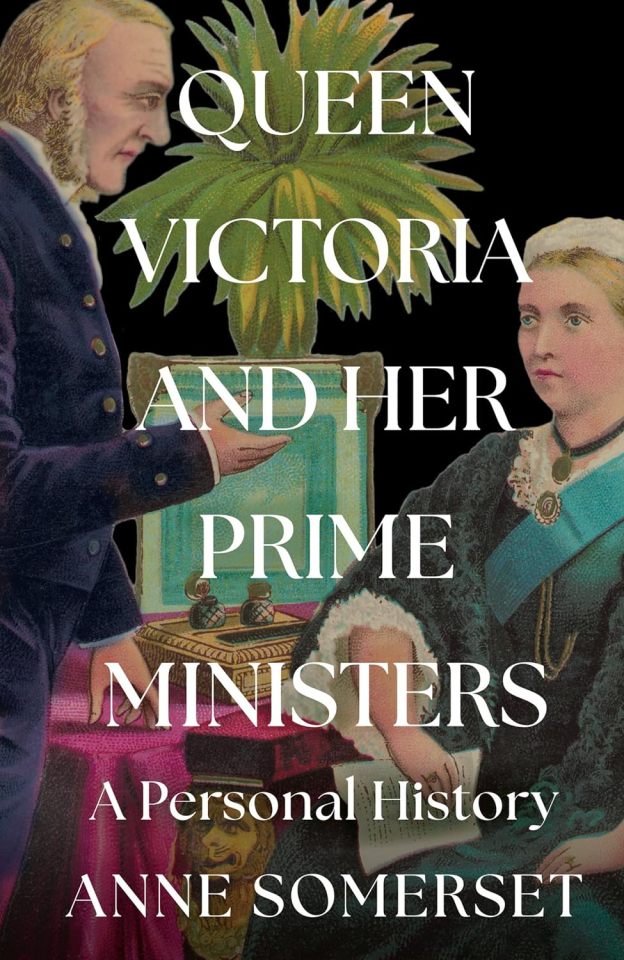
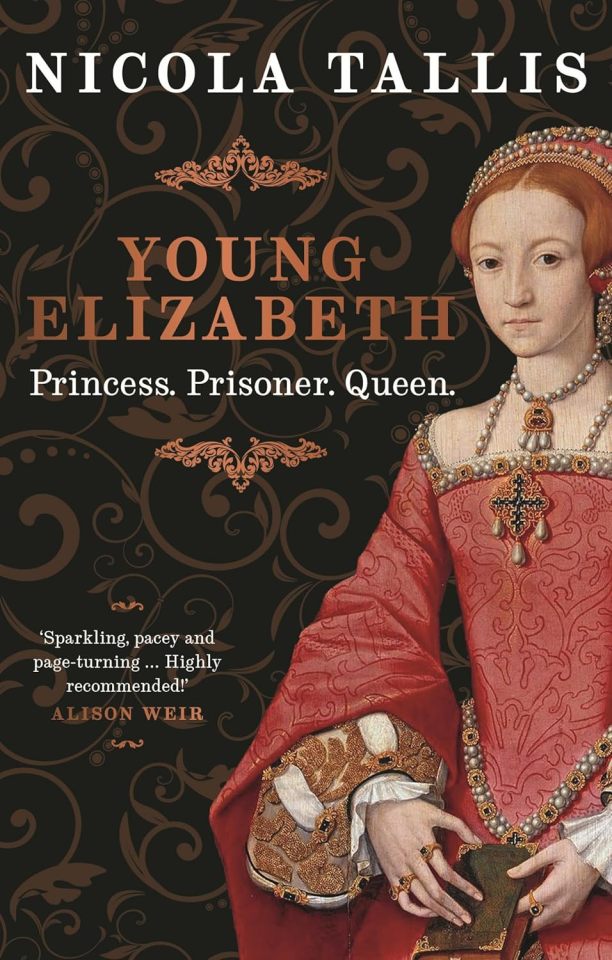
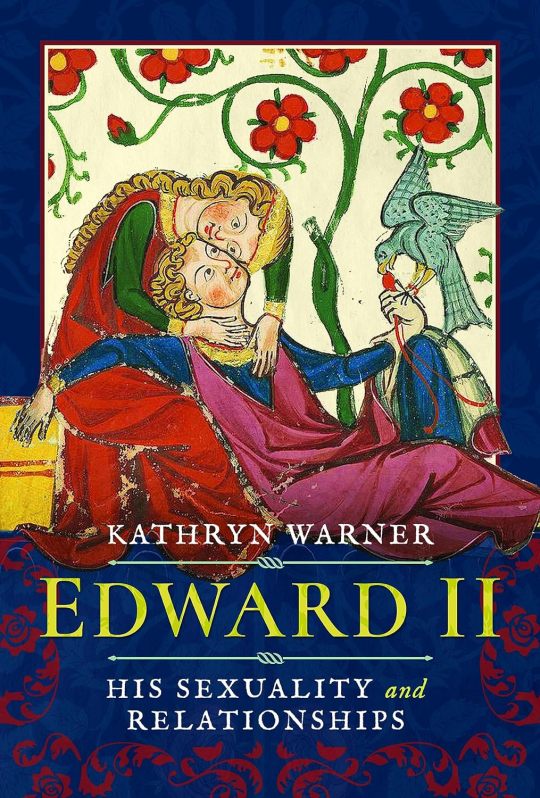
Queen Victoria and her Prime Ministers: A Personal History by Anne Somerset (Mar. 28, 2024) // Young Elizabeth: Princess. Prisoner. Queen. by Nicola Tallis (Feb. 29, 2024) // Edward II: His Sexuality and Relationships by Kathryn Warner (Mar. 15, 2024)
#literature#affiliate links#catherine parr#anne boleyn#elizabeth i#valeria messalina#king charles iii#anne of york#elizabeth of york#margaret of york#queen elizabeth ii#catherine de medici#isabel de valois#mary queen of scots#marcus aurelius#queen victoria#edward ii
34 notes
·
View notes
Text
Messalina was the wife of Emperor Claudius before Agrippina:
Messalina, like Agrippina, was a wife of Claudius, who uniquely among Roman Emperors is the only one prior to Constantine the Great whom we could call heterosexual today. Equally so she was killed because in the end she brought a scheme forth against Claudius to replace him with one of his leaders of the Praetorian Guard that failed. From this was spun an elaborate narrative of her sexual proclivities that may or may not have been true, but in all probability was because 'how very dare' when the woman, not the man, is the active avid schemer who thinks with the brain between the legs.
#lightdancer comments on history#women's history month#roman empire#julio-claudian dynasty#valeria messalina
0 notes
Photo
I LOVE HOW HE IS SO SWEET WITH HER IN THIS SHOW 🥺🥺🥺

I love I Claudius so much!!!!!1 it inspired me to create gifs for the first time. Here is one of Clau-Clau & Messalina
#i claudius#bbc#derek jacobi#claudius#valeria messalina#sheila white#claudius x messalina#he's so sweet with her 🥺#robert graves#ancient rome#period drama
14 notes
·
View notes
Text



[Joshel, S. R. (1997). "Female Desire and the Discourse of Empire: Tacitus' Messalina" Ed. by J. Hallett and M. Skinner. In Roman Sexualities (pp. p. 221-254).]
@soldatrose kind of a ghost to me. "That august's body all-controlling soul".
11 notes
·
View notes
Text


The head of a statue ostensibly identified as Empress Messalina. It bears marks of intentional damage which would fit the decree passed by the Senate damning Messalina's memory after her execution by Emperor Claudius.
#ancient rome#messalina#valeria messalina#emperor claudius#roman empire#ancient art#ancient history#statue
179 notes
·
View notes
Text

François Victor Eloi Biennourry - The death of Valeria Messalina, 1850.
3 notes
·
View notes
Text

Ostia Archaeological Park, Italy.
In the year 48, the Emperor Claudius was in this place when some freedmen arrived to give him the incredible news that his wife, the Empress Valeria Messalina, had married a senator and were planning to overthrow him. Ostia Antica is an ancient Roman city located at the mouth of the Tiber.
979 notes
·
View notes
Photo

Britannicus
Britannicus (41-55 CE) was the second child and only son born to the Roman emperor Claudius (r. 41-54 CE) and Valeria Messalina (c. 20-48 CE). Seen as a threat by Claudius' fourth wife, Agrippina the Younger (15-59 CE), and her son, the future Nero (r. 54-68 CE), Britannicus was poisoned the night before his 14th birthday.
Early Childhood
Born on 12 February 41 CE, he was originally named Tiberius Claudius Caesar Germanicus; the name Britannicus was added after his father's invasion of Britain. In his The Twelve Caesars, the ancient historian Suetonius (69 to 130/140 CE) wrote, "Claudius would often pick little Britannicus up and show him to the troops or to the audience at the games either seated on his lap or held at arm's length" (197) Claudius had a son by his first wife Urgulanilla, but the boy died accidentally before coming of age, and Britannicus became the obvious choice to assume the purple upon the emperor's death. However, this would soon change when Claudius married his niece Agrippina the Younger (15-59 CE). The emperor's new wife brought with her a hidden agenda; she had high aspirations for her son, the future emperor Nero (r. 54-68 CE).
Agrippina the Younger was the daughter of Emperor Tiberius' (r. 14-37 CE) nephew Germanicus (15 BCE to 19 CE) and Agrippina the Elder (14 BCE to 33 CE), making her the great-granddaughter of Augustus (r. 27 BCE to 14 CE). Her marriage to Gnaeus Domitius Ahenobarbus produced one son Lucius Domitius Ahenobarbus, the future Nero (b. 37 CE). Gnaeus, who died when Nero was three, was extremely violent and was described by his contemporaries as "a despicable character." Two years after Domitius' birth, Agrippina was exiled by her brother Caligula (r. 37-41 CE). After Caligula's assassination in 41 CE, one of Claudius' first acts was to recall her. Her strong ties to the Julio-Claudians would pose a serious challenge to young Britannicus' position as the emperor's heir and, unfortunately for Britannicus, the highly aggressive Agrippina would stop at nothing until little Domitius upended his position. According to Matthew Dennison in his The Twelve Caesars, Agrippina "was not distracted by bodily appetites; arrogance and an undistracting focus steadied her performance." (156)
In 40 CE Domitius' father died of dropsy. Upon her return to Rome from exile, the widowed Agrippina married Gaius Passienus Crispus, who had recently divorced Gnaeus Domitius Ahenobarbus' sister Domitia. The marriage ended before 47 CE, possibly due to poisoning. Agrippina inherited his vast wealth, making her extremely rich. Widowed twice, she set her sights on husband number three: her uncle Claudius. Claudius showed little interest in obtaining another wife; there was still strong competition for the old emperor: Aelia Paetina (his second wife) and Lollia Paulina (Caligula's third wife). Lollia would later be exiled on the orders of Agrippina where a suicide would soon follow. However, Claudius' financial secretary Marcus Pallas favored Agrippina, and on 1 January 49 CE, she became Claudius' fourth wife.
Having married the emperor, her next objective was to secure the adoption of her son, and on 28 February 50 CE, Lucius Domitius became Nero Claudius Drusus Germanicus Caesar. Suetonius wrote, "In his last years, Claudius made it pretty plain that he repented of having married Agrippina and adopted Nero" (204). Realizing, the possible danger posed by Nero and his mother, Claudius told his son repeatedly "to grow up quickly." With the adoption of Nero secured, Agrippina turned her attention to the one serious obstacle to her son becoming the emperor: Britannicus.
Continue reading...
33 notes
·
View notes
Text


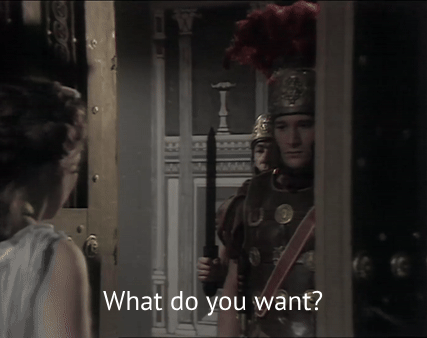

No! He wouldn't do that. My husband wouldn't do...
#i claudius#claudius#messalina#valeria messalina#death of messalina#how she runs towards the door like an excited schoolgirl#i do feel sorry for messalina#i think she didn't face any serious opponent in her machinations#which gave her false sense of her own cleverness
21 notes
·
View notes
Photo

Popée
Poppée (Poppæa Sabina, 30-65 de notre ère) fut l'épouse du préfet prétorien Rufrius Crispinius, puis de Marcus Salvius Othon (r. 69 de notre ère) avant de devenir la seconde épouse de l'empereur romain Néron (r. de 54 à 68 de notre ère). Considérée par les sources antiques comme séduisante et intelligente, elle utilisa sa beauté et son charme pour persuader Néron de divorcer d'Octavie, la fille de Claude (r. de 41 à 54 de notre ère) et de Valeria Messalina, et de l'épouser.
Lire la suite...
2 notes
·
View notes
Text










1951..Mexican Maria Felix as Roman seductress Valeria Messalina, third wife of emperor Claudius, who was executed at 28 because of her plotting against her husband
5 notes
·
View notes